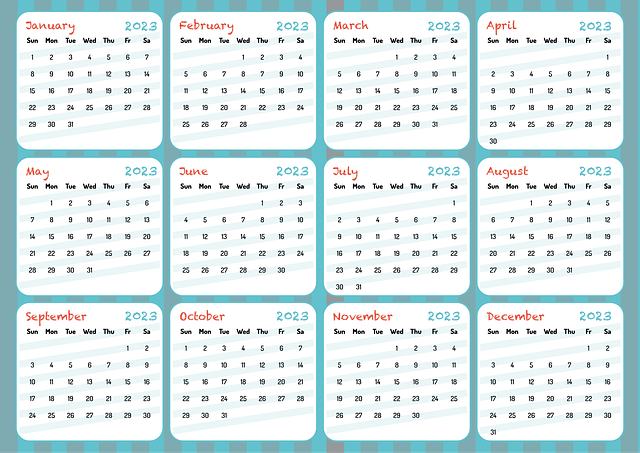Event Planning for Local Businesses emphasizes the critical role of clear objectives in achieving success. Defining primary goals like partnership building, investor attraction, or product promotion guides every event aspect from venue selection to agenda creation. This focus ensures measurable outcomes and tangible business results. For tech startups, goals might include identifying investors or forming alliances. Planners must tailor sessions to diverse industry needs and participant preferences, aligning formats with interests ranging from mentorship to vendor networks. This personalization enhances participation and satisfaction, fostering meaningful connections among local business owners.
Networking events play a crucial role in fostering connections and growth for local businesses. Efficient planning transforms these gatherings from chaotic into productive affairs, ensuring every participant walks away with tangible benefits. This article guides you through setting clear objectives, strategically promoting and inviting the right audience, and optimizing logistics to create an engaging event that facilitates meaningful business relationships. Discover how a well-structured event can be a game-changer for local business owners, driving success in today’s competitive market.
- Setting Clear Objectives
- – Define goals for the event: what do you want to achieve?
- – Identify target audience and their needs.
Setting Clear Objectives

When planning networking events for local businesses, setting clear objectives is paramount. Define the primary goals—whether it’s fostering new partnerships, attracting investors, or promoting a specific product or service. These objectives will guide every decision, from choosing the venue to crafting an engaging agenda. A well-defined purpose ensures that your event stays focused and delivers measurable outcomes, making it a success not just in attendance but also in achieving tangible business results for all participants.
In event planning for local businesses, clarity on objectives translates into effective strategies. For instance, if the goal is to connect with potential clients, design activities that encourage interaction and facilitate meaningful conversations. If investment is a target, invite investors and provide opportunities for entrepreneurs to pitch their ideas. Setting clear objectives ensures your networking event becomes a powerful platform for business growth and development within the local community.
– Define goals for the event: what do you want to achieve?

Before planning any networking event, it’s crucial to define clear goals and objectives. What do you hope to achieve through this gathering? For local businesses, Event Planning can be a powerful tool to foster partnerships, expand reach, and stimulate growth. Setting specific, measurable targets ensures your event stays focused and aligned with your overall business strategy.
For instance, if you’re hosting an event for tech startups, your goals might include identifying potential investors, forming strategic alliances, or showcasing your company’s innovative solutions. These objectives will guide every aspect of the planning process from choosing a venue that accommodates your expected attendee list to crafting engaging content and icebreakers designed to facilitate meaningful conversations and connections.
– Identify target audience and their needs.

When planning networking events for local businesses, understanding your target audience is paramount. Different industries and professionals have distinct networking needs. For instance, startups might seek mentorship opportunities while established enterprises may focus on expanding their vendor network. Event planners should aim to create an environment that caters to these varied interests, offering tailored sessions or breakout groups where participants can connect with like-minded individuals.
Identifying the target audience also involves considering their preferences and formats they find most engaging. Some businesses thrive in formal settings with structured networking activities, while others prefer more casual meetups fostering organic conversations. Event planners should adapt to these preferences, ensuring the event format aligns with the audience’s natural interactions, thereby enhancing participation and overall event satisfaction for local business owners.
Efficient networking events require careful planning, with a clear understanding of objectives and the target audience’s needs. By setting specific goals and tailoring the event to attract and engage your ideal participants, local businesses can create meaningful connections and foster growth. Remember, successful event planning is key to unlocking valuable partnerships and opportunities in today’s competitive market.
